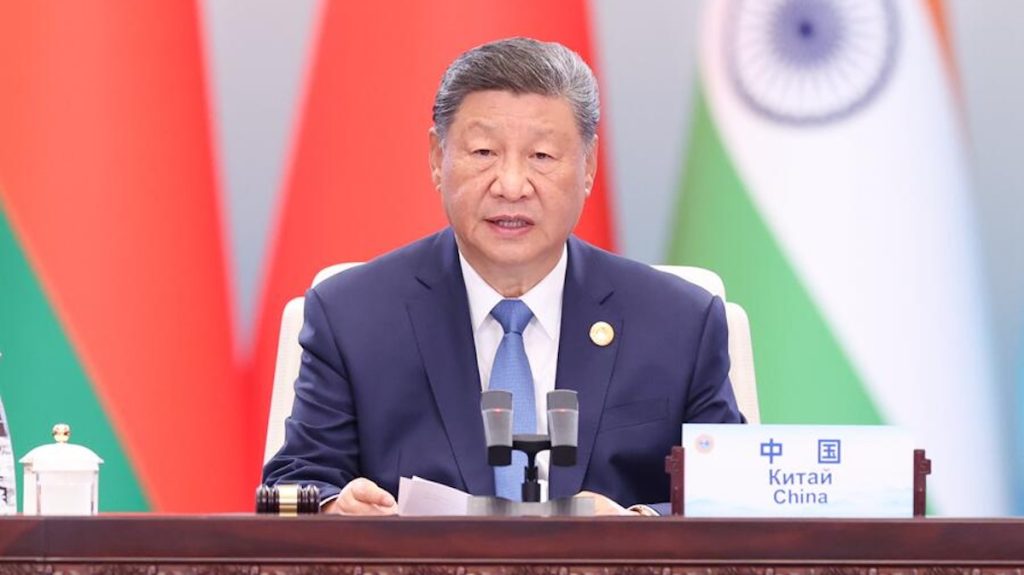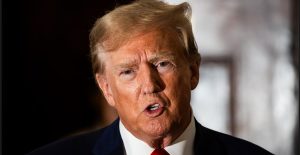Beijing — China has lifted its ban on exporting rare minerals to the United States, in what is being seen as a major step toward easing years of trade tension between the two economic powers. The decision took effect on Sunday, reopening exports of gallium, germanium, and antimony — materials critical to high-tech manufacturing.
In a statement released the same day, China’s Ministry of Commerce said the move aims “to build mutual trust and ensure a transparent and stable trade environment.” The new policy will stay in place until November 2026, the ministry added.
These minerals play an essential role in producing semiconductors, advanced batteries, and clean-energy technologies. China had restricted their export in early 2024, creating supply gaps for U.S. industries that rely heavily on the materials.
The announcement followed a meeting between U.S. President Donald Trump and Chinese President Xi Jinping in Busan, South Korea, where both sides agreed to a one-year “trade truce” designed to stabilize relations.
Under the agreement, China will ease its controls on rare-mineral exports, while the United States will allow more Chinese agricultural and high-tech products into its market. Washington has also pledged to cut existing tariffs on Chinese imports by 10 percent.
Economists say the decision could help steady global supply chains and support growth in green-energy and semiconductor industries. Analysts view it as a clear sign that both nations are ready to turn down the temperature after years of escalating trade friction.






